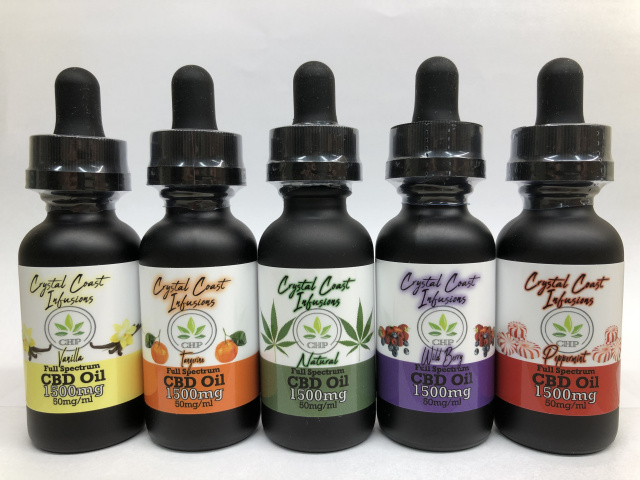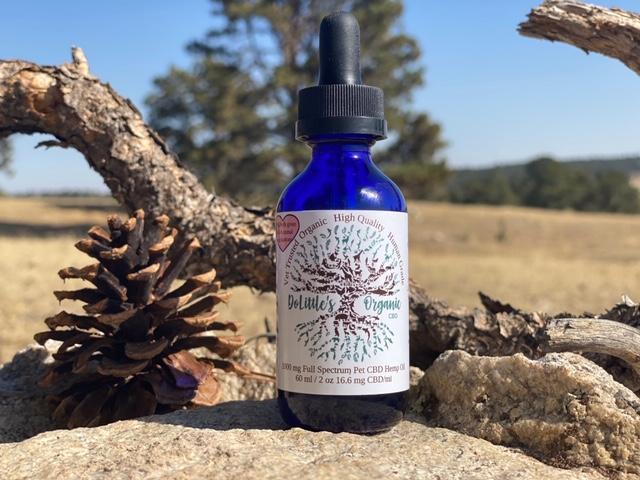Many people take CBD oils and other hemp products to do something good for their health or to relieve ailments ranging from headaches to menstrual cramps. But what can over-the-counter CBD oils and hemp products actually do? Find out here how healthy the remedies really are and how you can judge the quality of CBD oils and other hemp products.
CBD – what is it anyway?
Cannabidiol, or CBD for short, is the most therapeutically interesting ingredient of the Hemp plant next to THC (tetrahydrocannabinol). Like THC, CBD is produced from the Hemp plant and also belongs to the phytocannabinoids, the plant cannabinoids. Unlike THC with its psychoactive, intoxicating effects, CBD is not psychoactive. Instead, it has a number of other effects.
For some years now, CBD has been getting more and more attention in science. There is evidence that it can have anti-inflammatory effects and regulate the immune system. There is also evidence of anxiety-relieving, relaxing, and antipsychotic properties.

There is good scientific evidence that it may help reduce the frequency and severity of epileptic seizures. A CBD-containing drug is therefore already approved as a therapy for the treatment of certain forms of epilepsy in patients 2 years of age and older.
Good quality CBD is well tolerated, which, combined with the potential effects outlined, makes it an attractive option for treating disease. However, many people now take CBD without a doctor’s recommendation. It is praised in certain circles as a real miracle cure. Behind this, however, are mostly unproven healing promises and the goal of selling CBD-containing products.
Cannabidiol products: a diverse range
At first glance, over-the-counter CBD products may look confusingly similar to an approved CBD drug. However, while the ingredients of a drug are clearly defined pharmacologically, the CBD content in over-the-counter products is not standardized. Pharmaceuticals are subject to safety monitoring by drug regulatory agencies, but over-the-counter CBD oils are not.
Over-the-counter CBD products such as CBD oil are marketed as dietary supplements. CBD-containing dietary supplements are counted as food – they are not a health insurance benefit and also do not fall under the Hemp Act.
Superfood Hemp
In addition to CBD-containing oils and products, there is now a wide range of other hemp products. Hemp-containing foods made from commercial hemp, which contain virtually no THC and only small amounts of CBD, are in vogue – and there are good reasons for this.
Hemp seeds, hemp oil, and hemp tea
Hemp seeds contain many important and vital nutrients, but no CBD or THC. The seeds, which are about the size of a peppercorn, are rich in polyunsaturated fatty acids (omega-3 and omega-6), vitamins A, B, C, D, and E, essential amino acids, and antioxidants. The superfood can be a real plus for a conscious diet, easily keeping up with the popular chia seeds and soy, and can be grown regionally.
Hemp seeds are available unhulled as whole grains and hulled. Unhulled, the seeds are a bit spicier and not as easy to chew. However, in a smoothie, finely ground, they bring their qualities in the best way. The hulled hemp seeds convince with a slightly nutty taste and can be sprinkled on bowls, salads, soups, and cereals when you navigate to this web-site.




